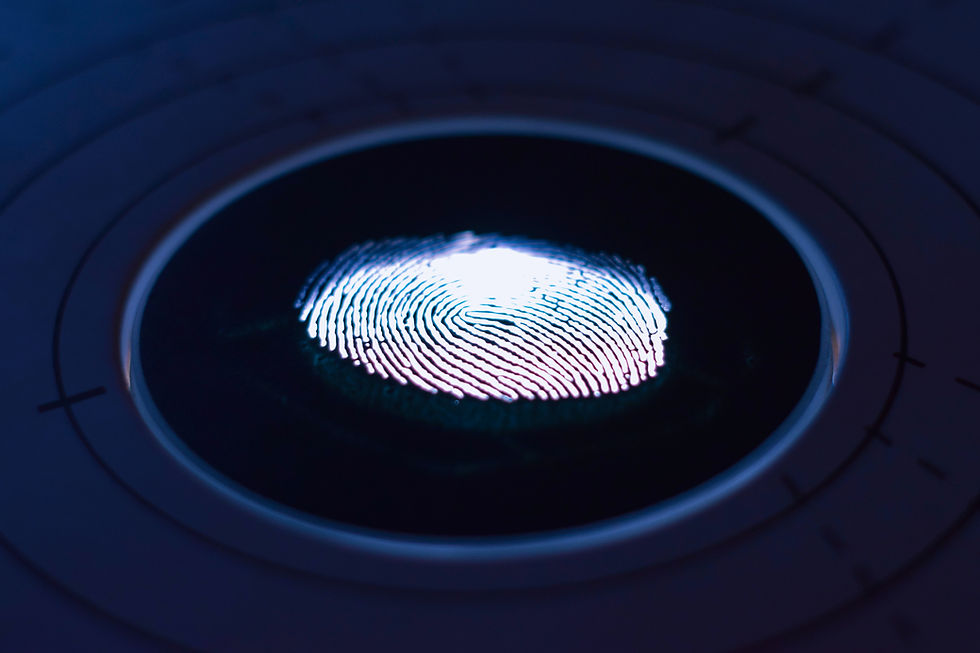Is your data secure?
- Maximage Data Systems

- Nov 30, 2020
- 1 min read

Increasingly it is necessary to share our personal data to transact digitally; and more so in this day and age than due to the Global Health Contingency by the #Covid-19, online operations have increased worldwide and physical transactions have declined. Transactions as simple as for example:
• Buy online
• Carry out electronic formalities with financial/commercial institutions
• Share information via social networks, among others.
But how do you know that by sharing your data digitally, it is being shared securely? How to reduce the risk of being preyed on by the famous "#phishing"? Here are 5 tips for securely sharing your data online:
1. Seek to share your data in a closed app that has no public use, and in case you require using public sites, check that a padlock appears at the bottom right on the screen and/or check that the URL starts with https://, where the "s" determines that you are on a secure site.
2. If you require to set #passwords online, create passwords with a minimum of seven characters, with symbols such as:-$%& and interleave the use of numbers, lowercase letters, and uppercase letters.
3. Change passwords regularly, especially on important sites such as: banks, tax payments, recurring purchases, among others.
4. Beware of links sent in emails. Preferably go to the web pages where you require transactions, and avoid following #links of emails you receive, even though by their image and format you think they are sent by the original provider.
5. Rely more on sites that use #biometrics for identity validation. Companies that use biometrics as identity authentication parameters go one step further in protecting their customers' data.






Comments